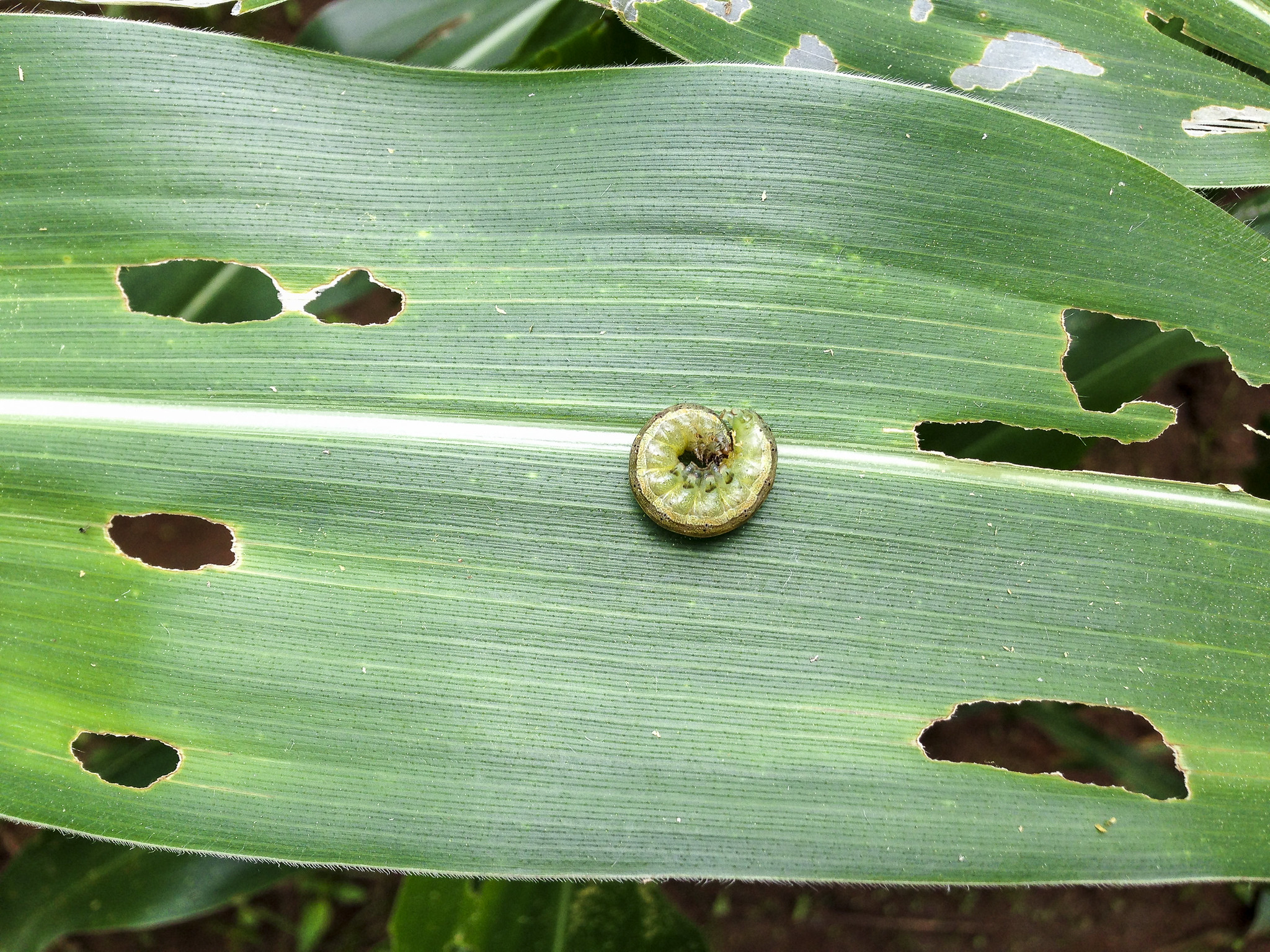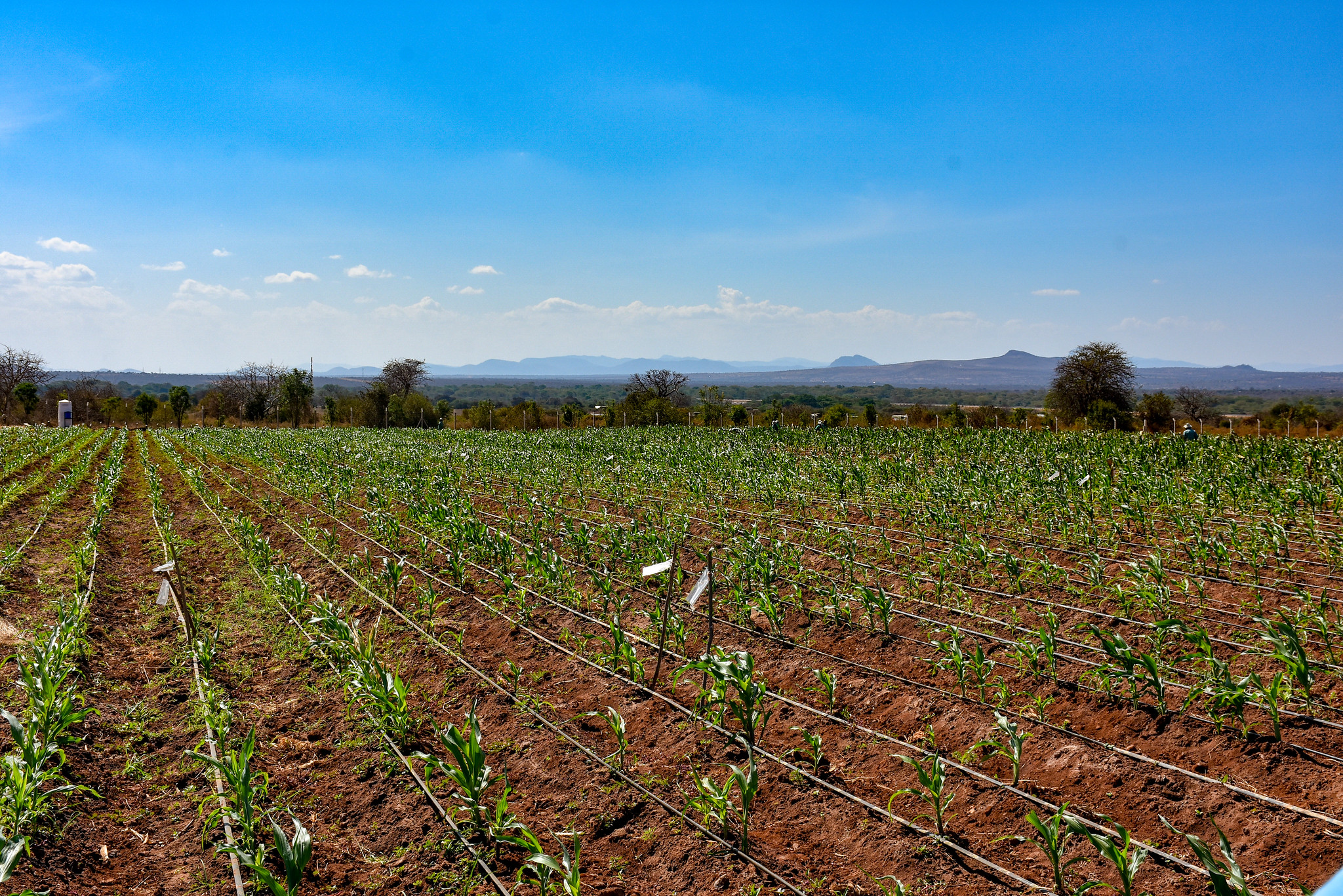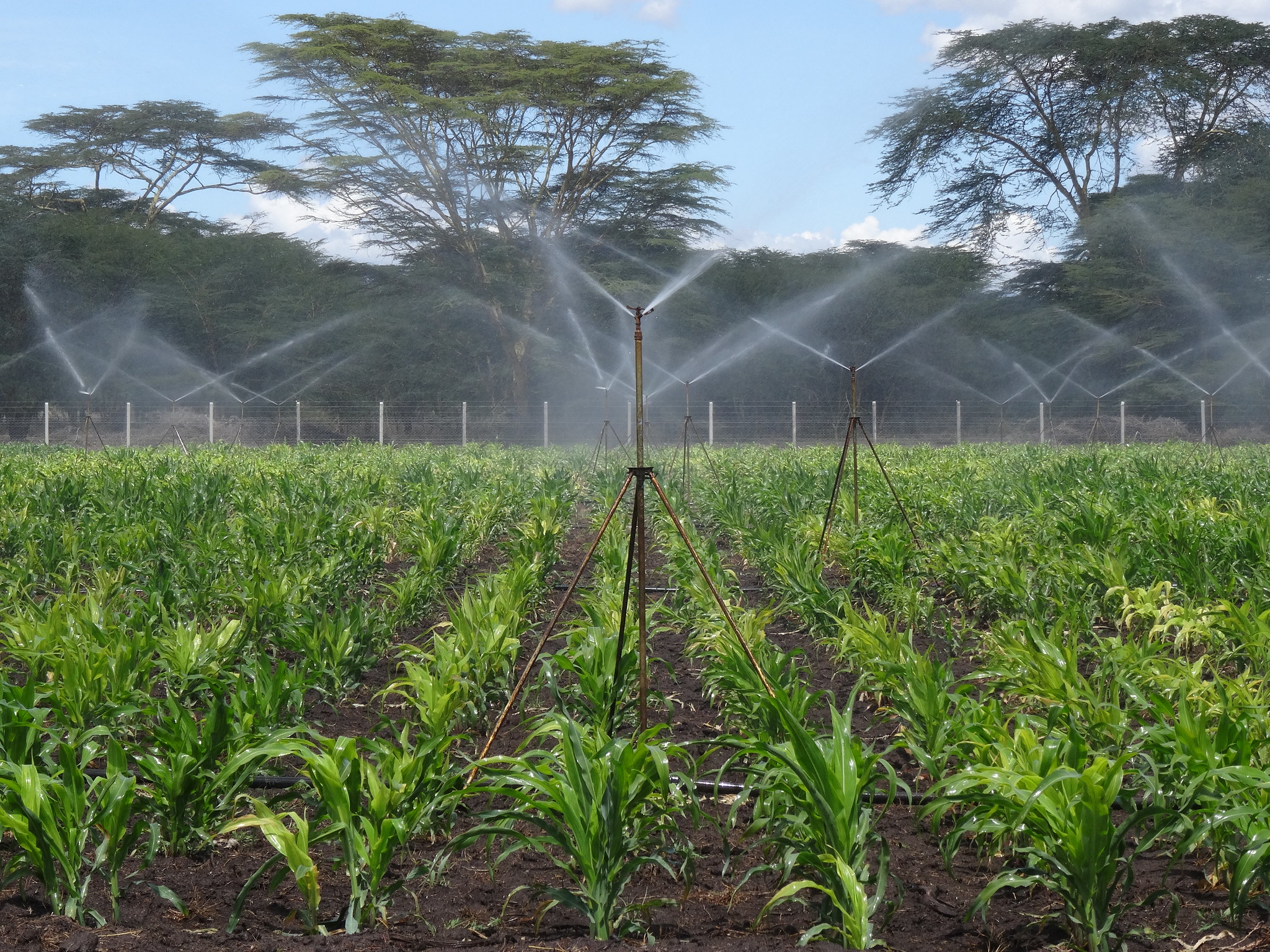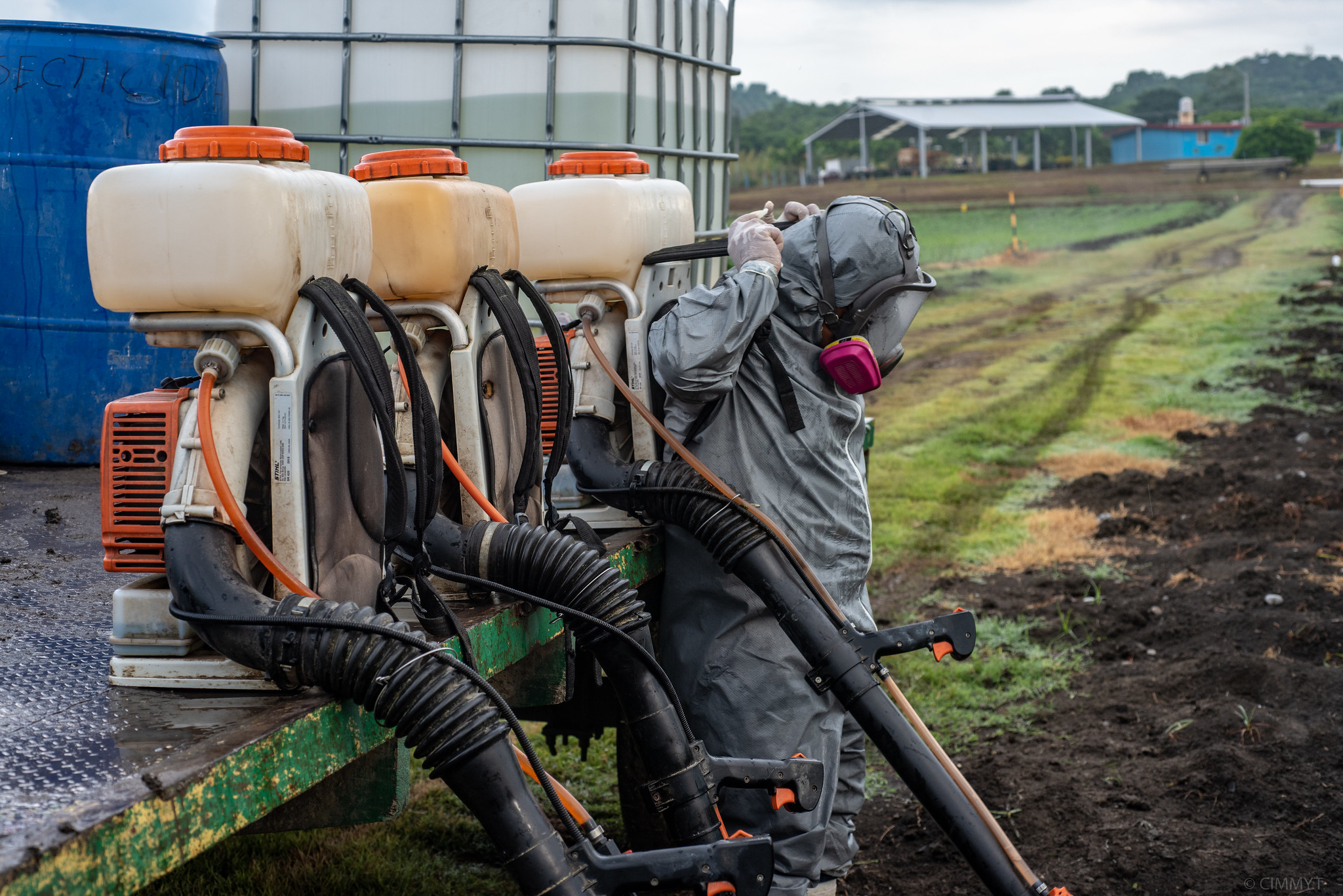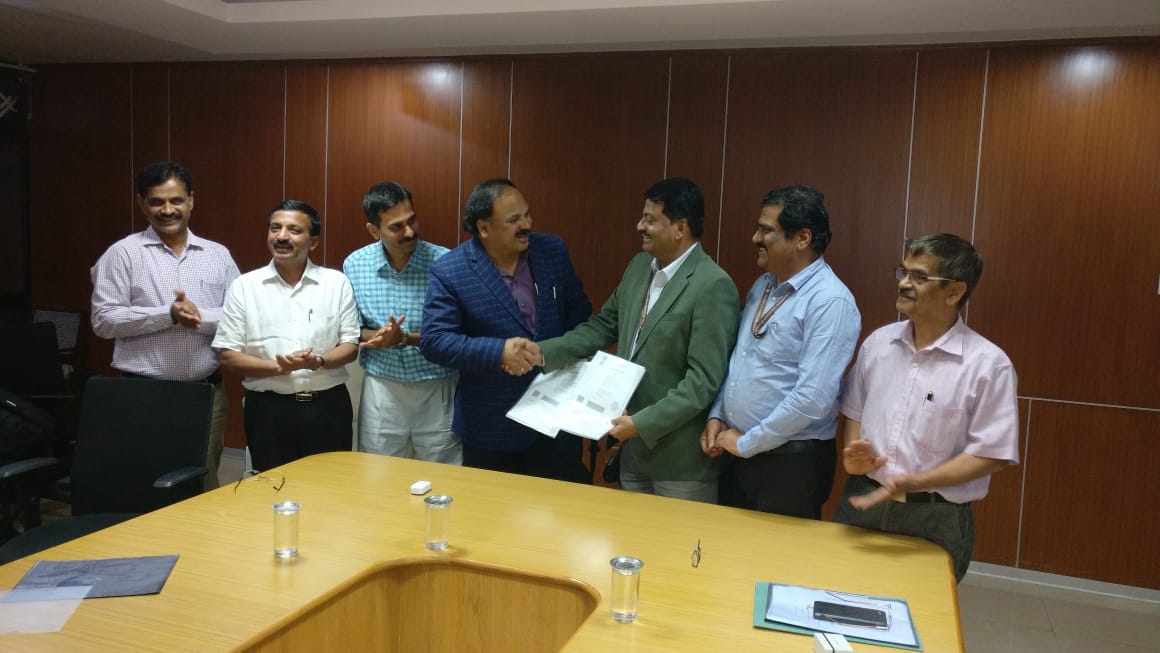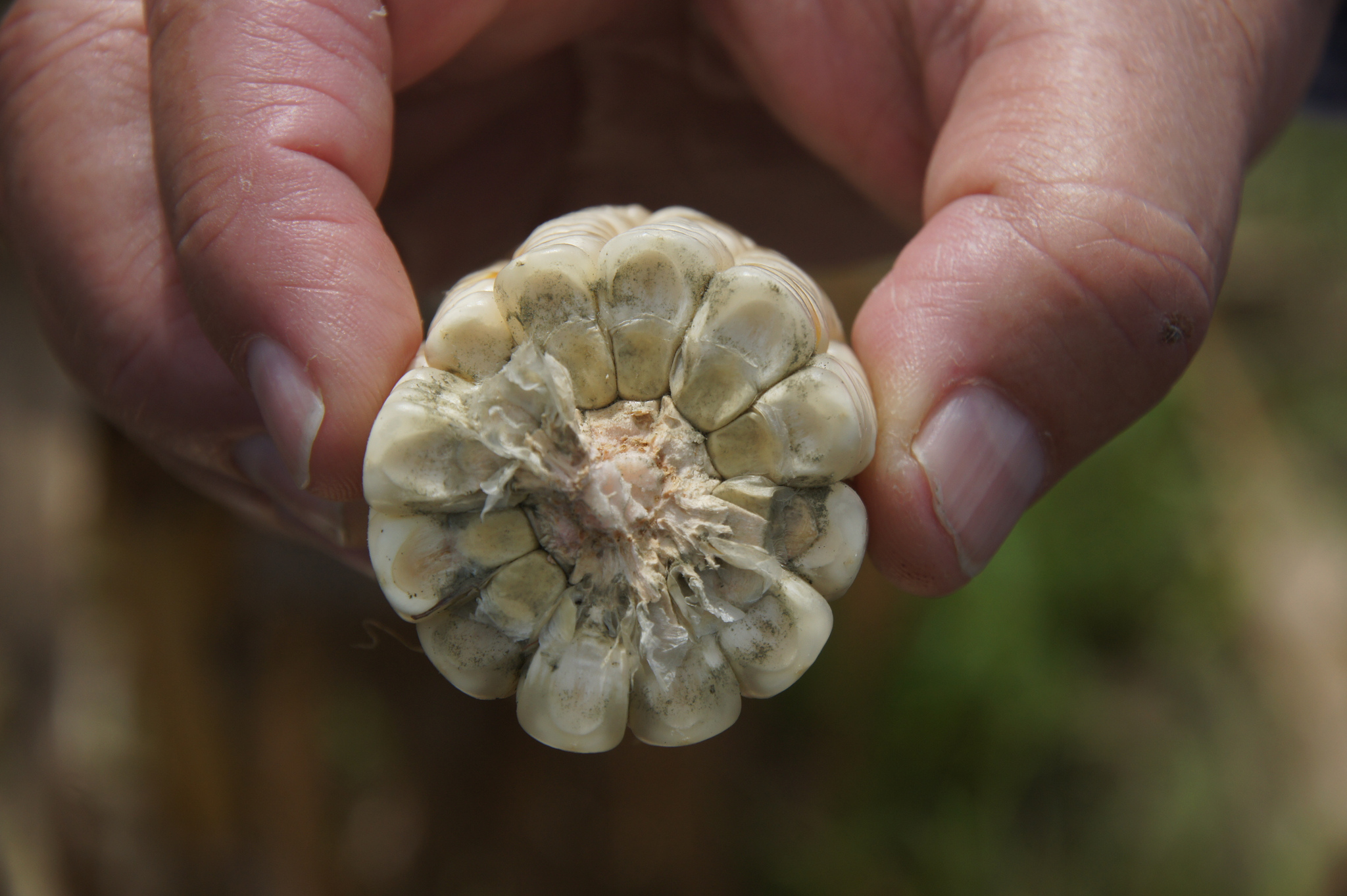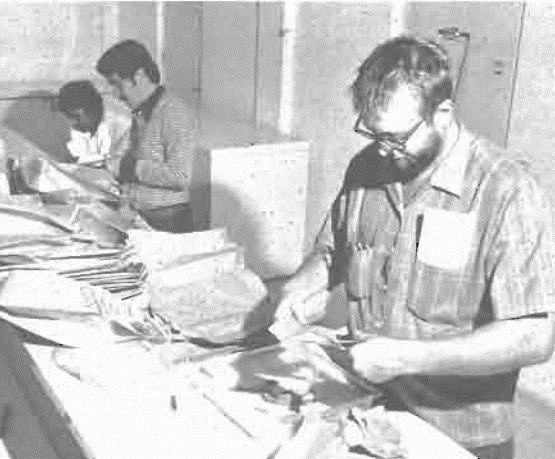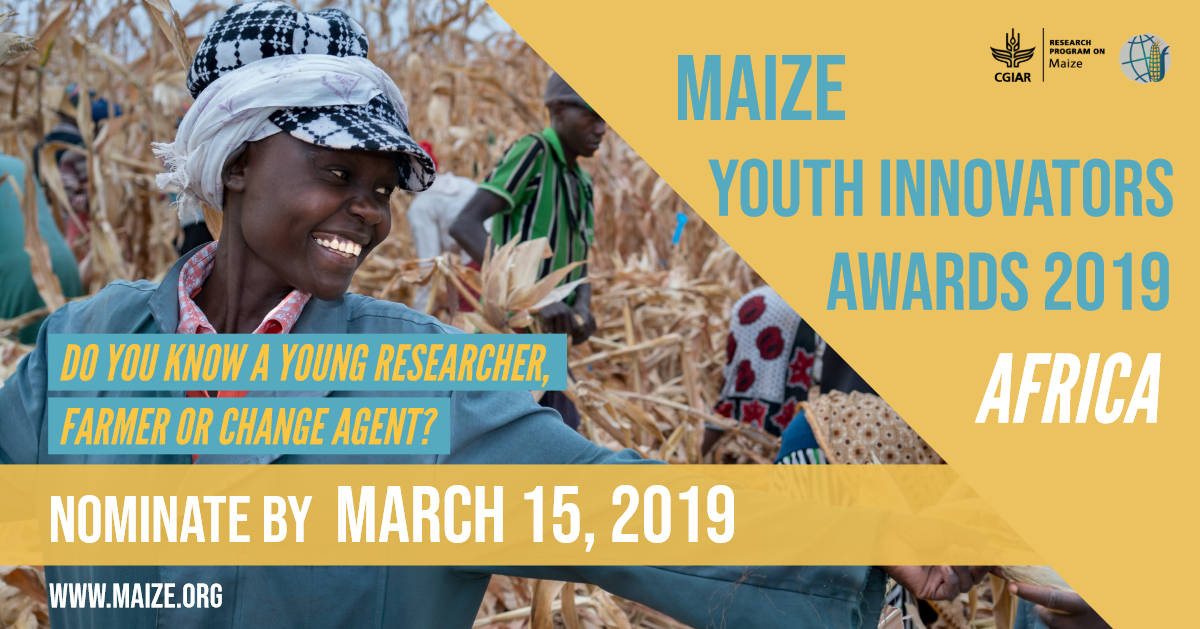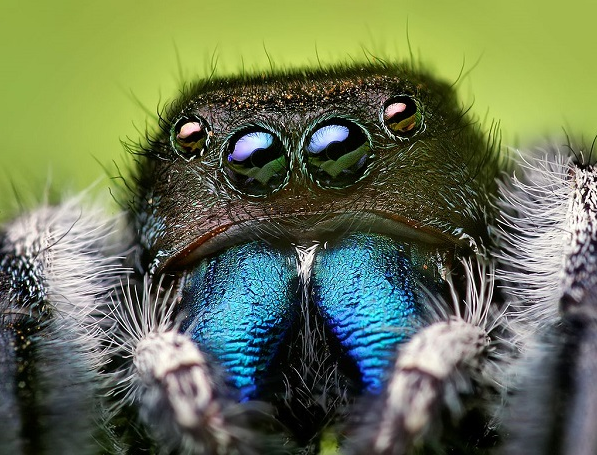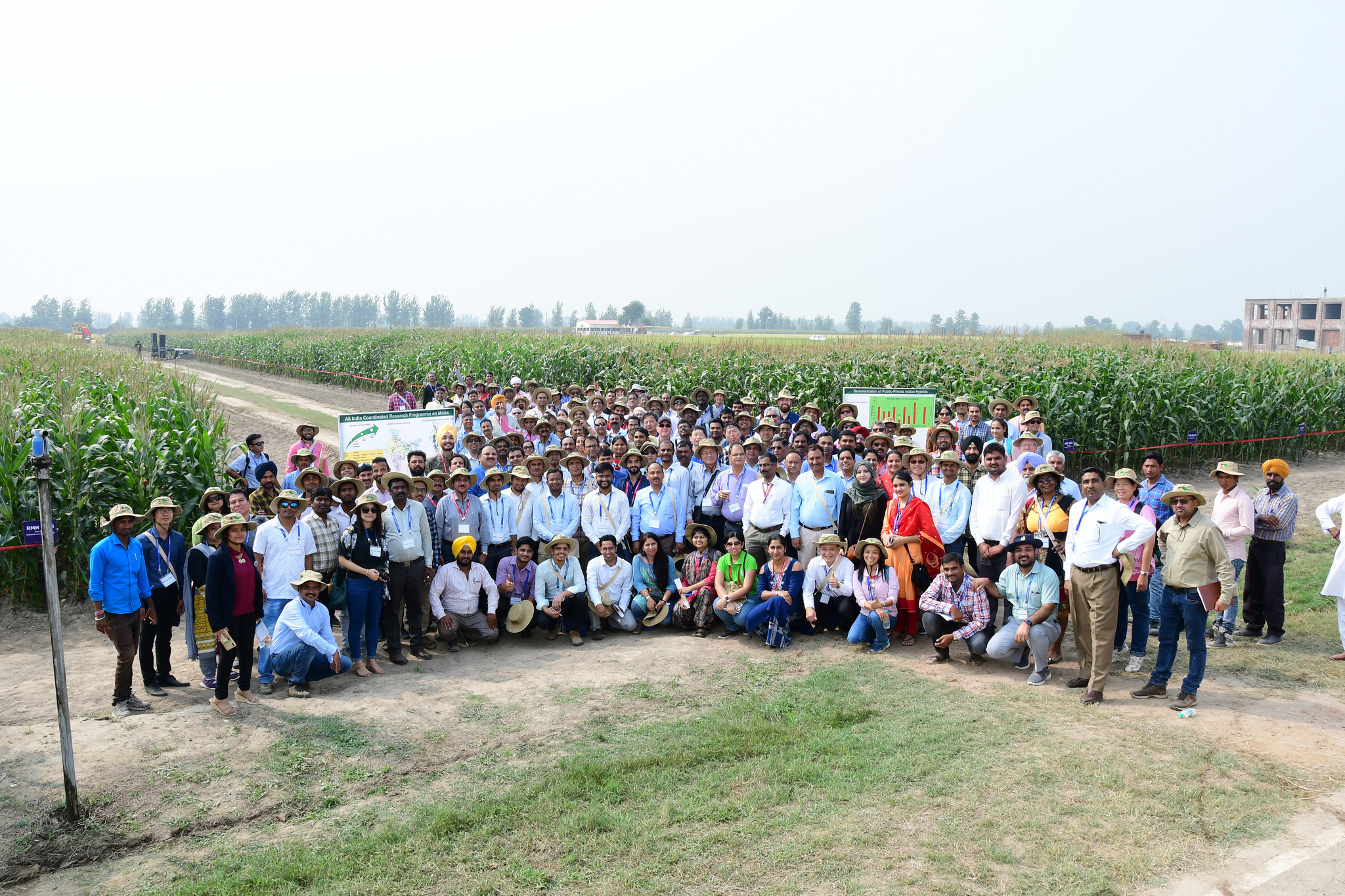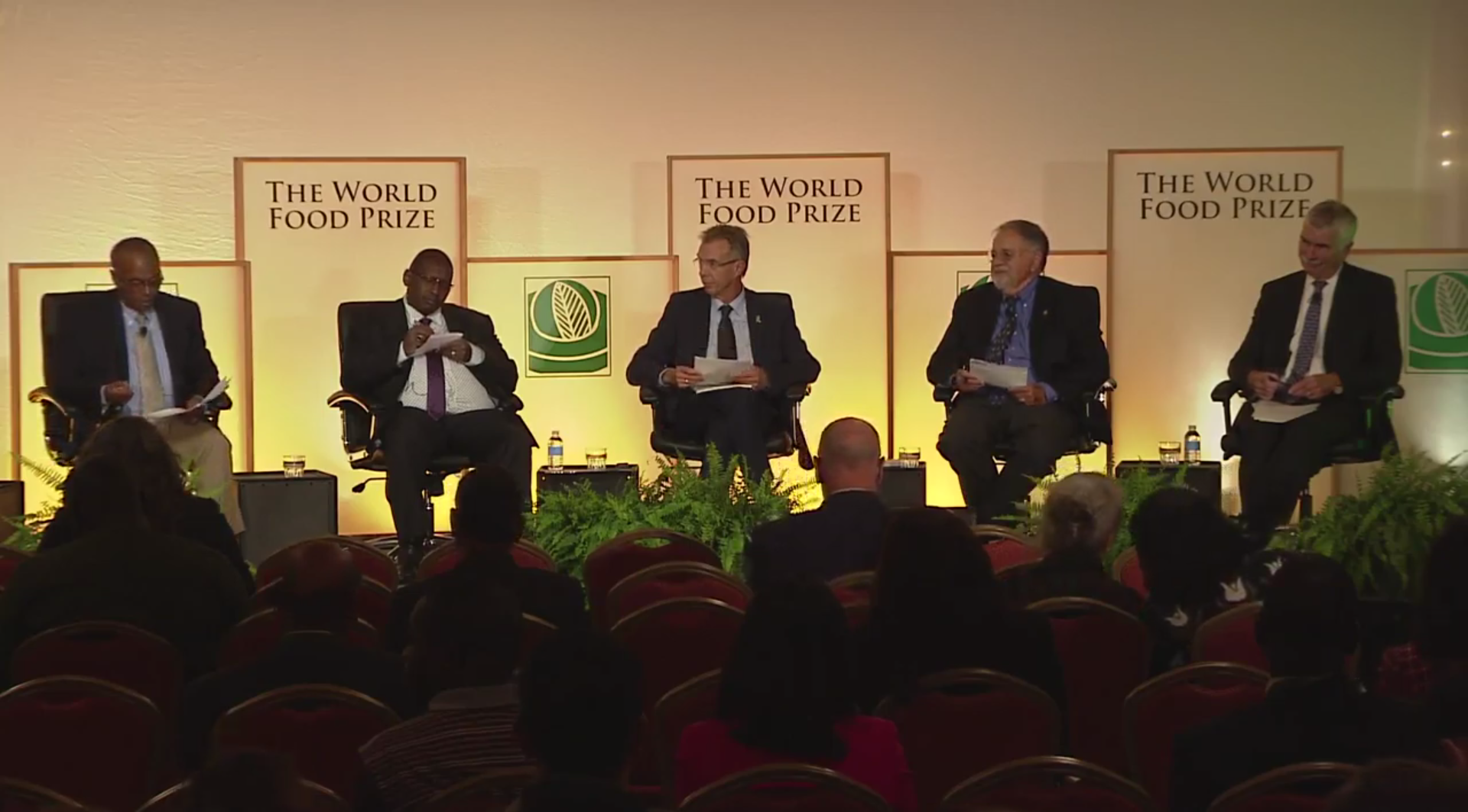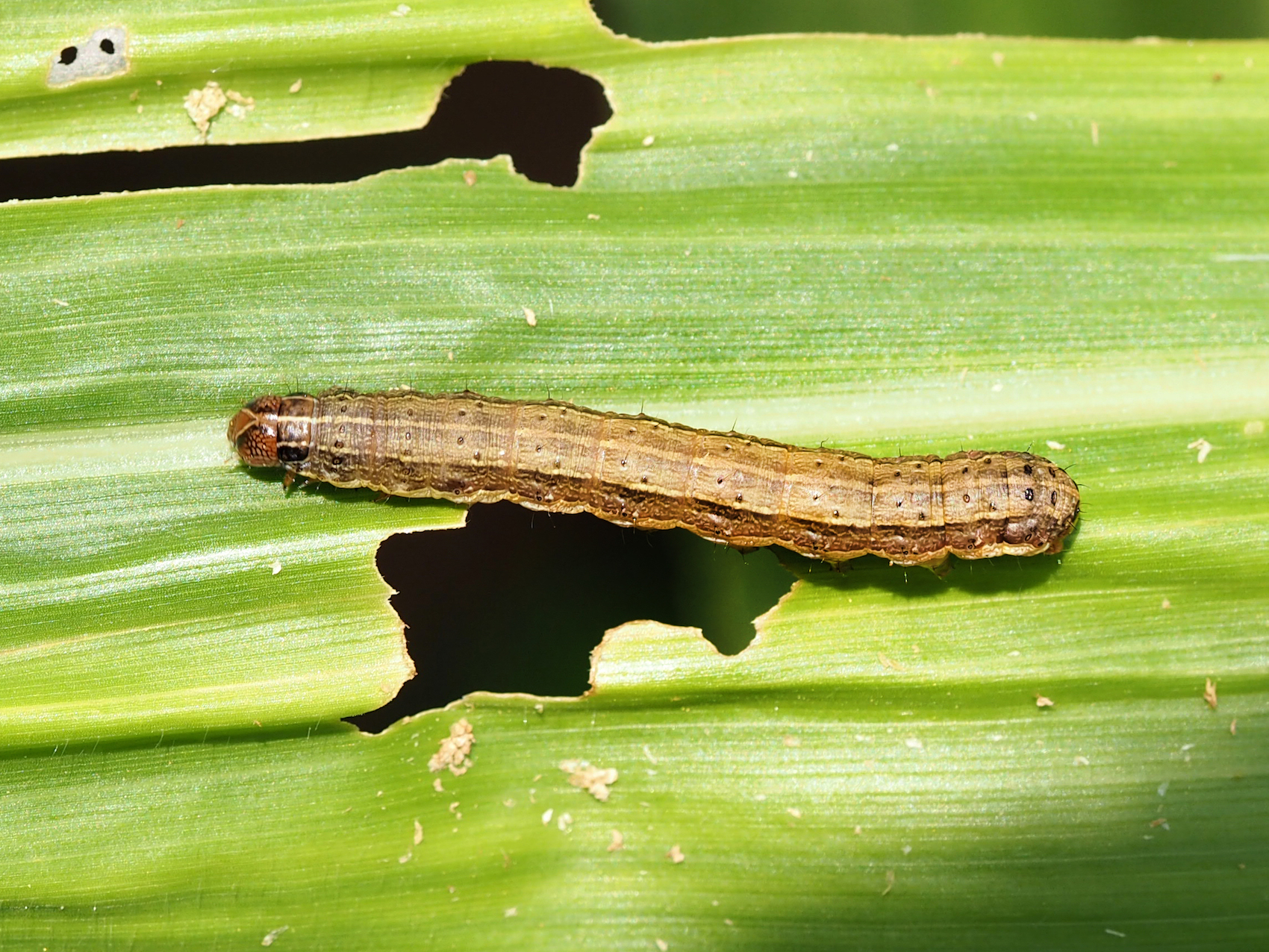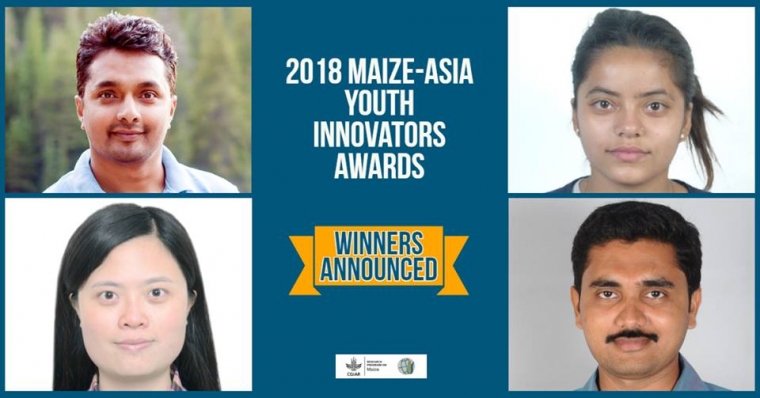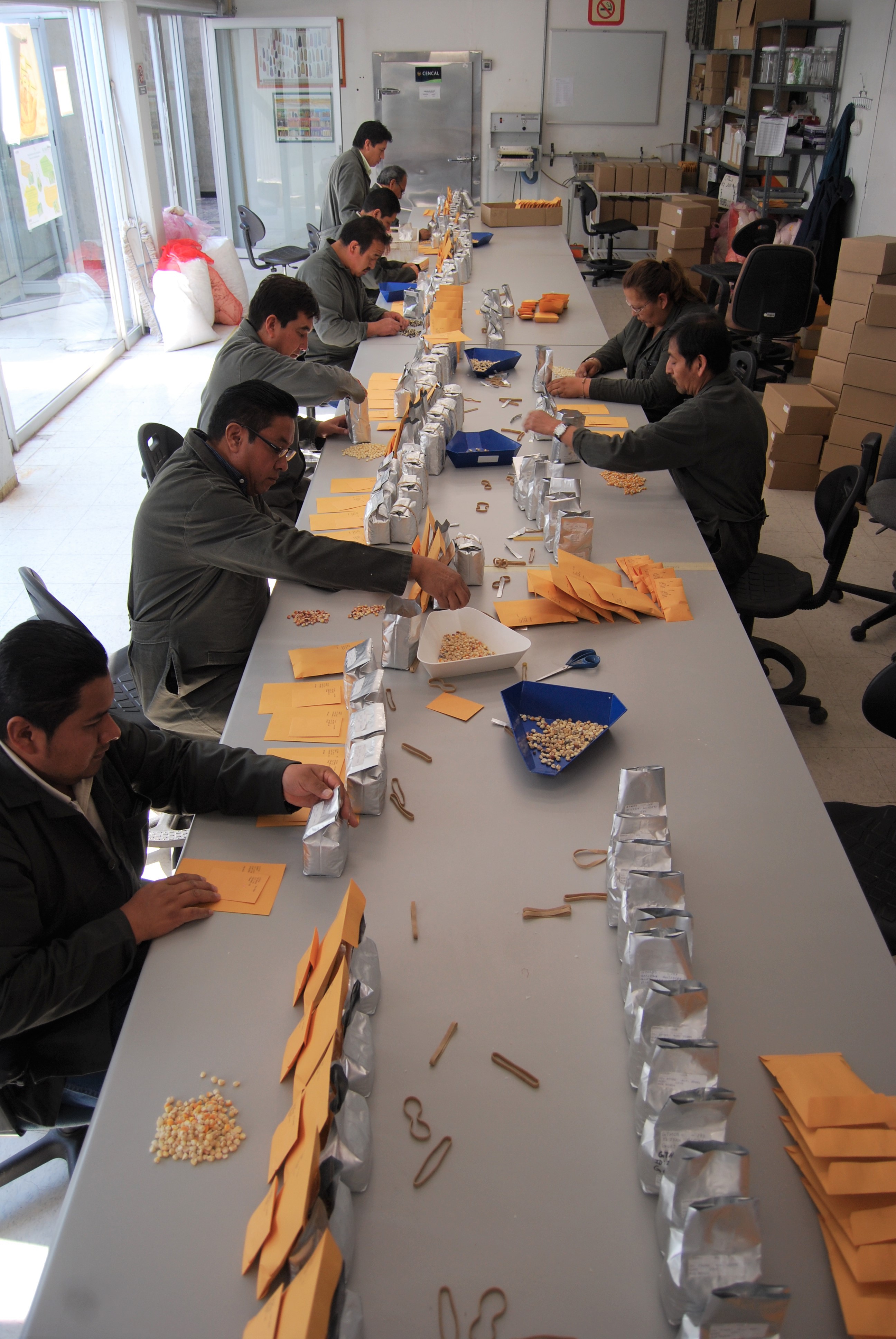CGIAR Research Program on Maize (MAIZE)
The CGIAR Research Program on Maize (MAIZE) is an international collaboration between more than 300 partners that seeks to mobilize global resources in maize research and development to achieve a greater strategic impact on maize-based farming systems in Africa, Latin America and South Asia.
Led by the International Maize and Wheat Improvement Center (CIMMYT), with the International Institute of Tropical Agriculture (IITA) as its main CGIAR partner, MAIZE focuses on increasing maize production for the 900 million poor consumers for whom maize is a staple food in Africa, Latin America and South Asia. MAIZE’s overarching goal is to double maize productivity and increase incomes and livelihood opportunities from sustainable maize-based farming systems.
MAIZE receives funding support from CGIAR Trust Fund contributors.
MAIZE Flagship Projects (FPs) and Cluster of Activities
FP1: Enhancing MAIZE’s R4D strategy for impact
• Foresight and targeting of R4D strategies
• Learning from M&E, adoption and impacts
• Enhancing gender and social inclusiveness
• Value chain analysis
FP2: Novel diversity and tools for improving genetic gains
• Informatics, database management and decision support tools
• Development of enabling tools for germplasm improvement
• Unlocking genetic diversity through trait exploration and gene discovery
• Pre-breeding: development of germplasm resources
FP3: Stress-tolerant and nutritious maize
• Climate resilient maize with abiotic and biotic stress tolerance
• Tackling emerging trans-boundary disease/pest challenges
• Nutritional quality and end-use traits in elite genetic backgrounds
• Precision phenotyping and mechanization of breeding operations
• Seed production research and recommendations
• Stronger maize seed systems
FP4: Sustainable intensification of maize-based systems
• Multi-scale farming system framework to better integrate and enhance adoption of sustainable intensification options
• Participatory adoption and integration of technological components
• Development and field-testing of crop management technologies
• Partnership and collaborations models for scaling
New study identifies best agronomic practices to reduce fall armyworm damage
 Nutrition, health and food security
Nutrition, health and food security
Good weed management, conservation agriculture, and use of manure and compost are recommended to help control fall armyworm in Africa.
CIMMYT and UAS-Bangalore to establish a maize doubled haploid facility in Karnataka, India
 Nutrition, health and food security
Nutrition, health and food security
Occupying 12 acres of land, the facility is expected to produce at least 30,000 DH lines a year.
New publications: Biofortification of maize with provitamin A can reduce aflatoxin load
 Nutrition, health and food security
Nutrition, health and food security
This research is especially significant for countries where the health burdens of exposure to aflatoxin and prevalence of vitamin A deficiency converge with high rates of maize consumption.
Researchers and friends recall John Mihm, former CIMMYT maize entomologist
 Nutrition, health and food security
Nutrition, health and food security
The CIMMYT community honors the memory of John A. Mihm, CIMMYT’s maize entomologist during the 1970s-90s,
Call for nominees for the 2019 Maize Youth Innovators Awards – Africa
 Capacity development
Capacity development
Open to young women and men below 35 years of age who are implementing innovations in African maize-based agri-food systems.
The itsy bitsy spider can make a big impact in agriculture
 Environmental health and biodiversity
Environmental health and biodiversity
A new study explores how conservation agriculture in southern Africa supports spider populations and diversity, which could help mitigate pest damage.
Fall armyworm on the agenda at the 2018 Borlaug Dialogue
 Nutrition, health and food security
Nutrition, health and food security
Experts explained the spread of the pest and presented science-based solutions to fight it.
New global research alliance joins fight against fall armyworm
 Nutrition, health and food security
Nutrition, health and food security
International consortium established to connect research with practical field solutions against pest.
Winners of the 2018 MAIZE Youth Innovators Awards – Asia announced
 Capacity development
Capacity development
Four awardees are using modern technologies, dedicated to new knowledge and with hopes to improve the world.
CIMMYT recognized for support in restoring Guatemalan seed systems after hurricane
 Nutrition, health and food security
Nutrition, health and food security
The seed varieties stored in the CIMMYT germplasm bank were of vital importance in efforts to restore food security in the aftermath of Hurricane Stan.

